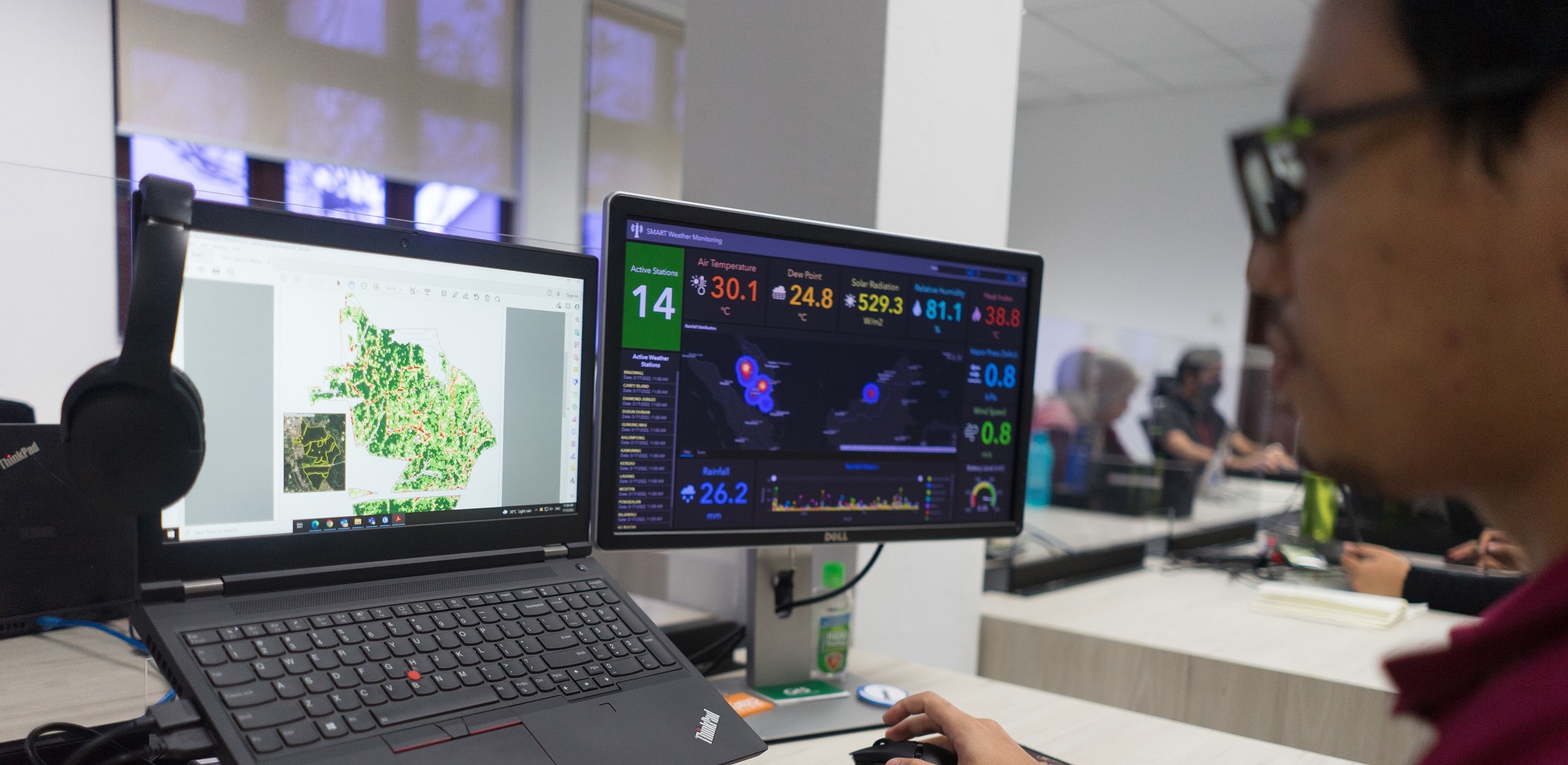Traceability



OVERVIEW
SDP is committed to traceability, which is crucial to meeting our No Deforestation commitments.
Monitoring the origins of our supply allows us to identify and mitigate any environmental kernel and social risks within our supply chain. We engage with our suppliers at the refinery and crushing plant levels to record their mills’ parent company name, mill name, certification status, address, and GPS coordinates. At the mill level, we require suppliers to register their plantation name, certification status and GPS coordinates.
We currently monitor the traceability of our CPO, PK, CPKO, and refined palm supply.
In 2021, 95.4% of all raw material processed by our refineries and kernel crushing plants globally was traceable to the mill, a figure that has barely changed in recent years. We face challenges tracing the remaining 4.6% our mills because we source from some indirect suppliers who do not have ready information about their supplying mills, typically through spot market purchases. Nevertheless, we continue to look for ways to achieve full traceability.
In 2020 and 2021, we continued to pursue our goal of full traceability to plantation of our own and third-party suppliers’ FFB. Our focus is on Malaysia and Indonesia because FFB from PNG and Solomon Islands has been fully traceable to plantation. This is because we source 100% from our own estates and smallholders in that region, all of whom have been subject to the company’s RSPO certification processes since 2012.
In 2021, we achieved 100% traceability to plantation for SDP mills and 34.5% for third-party mills, resulting in overall traceability of 73.5% to plantation. Compared to 2019, this is an improvement of 25.7%, owing to our continuous focus on retrieving and mapping plantation data from our third-party suppliers.
We have set a target of achieving 100% overall traceability to mill and plantation by 2025. By 2023, we will engage a third-party expert to verify all traceability data, lending greater credibility to our reporting.
We previously reported a target of full traceability to SDP-owned mills by 2022. However, we continue to face challenges with indirect smallholders we source from Malaysia. Whilst we have made some progress by mapping over 3,495 smallholders in recent years, there is still a long way to go. Nevertheless, we continue to work on traceability on all fronts and will report our progress against our overall 2025 traceability target.
Latest traceability data available here and on Crosscheck
Note: All traceability data reflects reporting as of December 2021
Note: All traceability data reflects reporting as of December 2021
